We may earn money or products from the companies mentioned in this post. This means if you click on the link and purchase the item, I will receive a small commission at no extra cost to you ... you're just helping re-supply our family's travel fund.

Packing for a trip should feel exciting, not stressful. Yet for many travelers over 60, small oversights can lead to big headaches, overstuffed bags, forgotten essentials, or clothes that simply don’t work. The good news? Most packing problems are avoidable. By recognizing these mistakes early, you can streamline your suitcase, save space, and avoid unnecessary stress, making your travels lighter, easier, and far more enjoyable.
Not Checking the Weather Before the Trip

Packing without reviewing an updated forecast often means bringing clothes that won’t suit the conditions. The weather can shift unexpectedly, especially in transitional seasons. Checking humidity, wind, and nighttime lows ensures you pack appropriately. A light jacket for chilly evenings or breathable layers for sudden heat make all the difference. This habit saves space, reduces stress, and helps you avoid last-minute purchases at your destination.
Not Planning Daily Activities in Advance
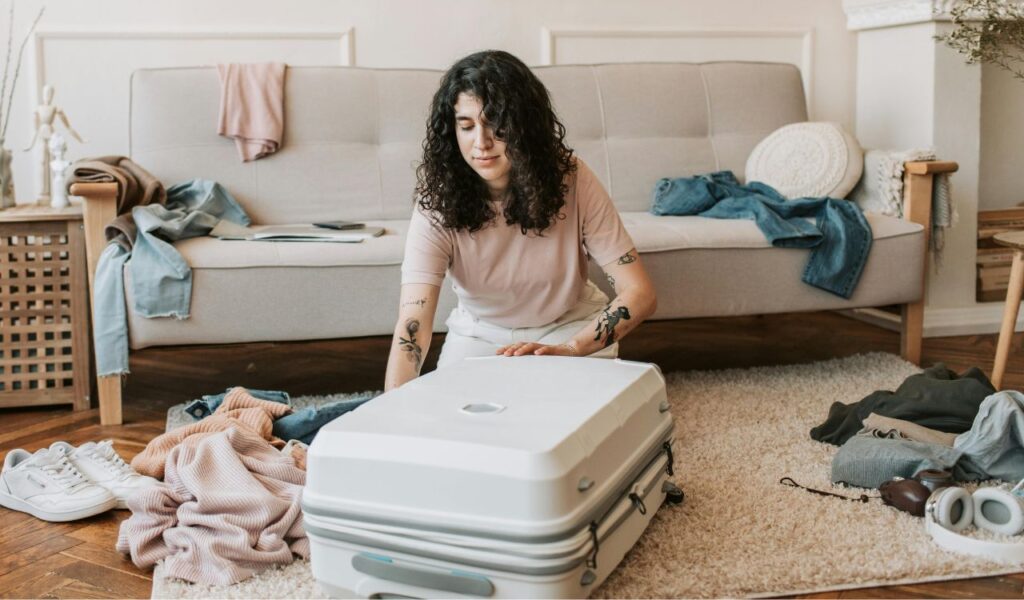
Without thinking about your itinerary, it’s easy to pack the wrong clothes or too many extras. Walking-heavy days call for breathable fabrics and supportive shoes, while upscale dinners need dressier options. Sketching out even a rough plan prevents overpacking and helps ensure your suitcase fits your real needs. This foresight also allows you to choose multi-purpose pieces that work for both casual sightseeing and evening events.
Wearing Style Over Comfort

Uncomfortable shoes or stiff outfits can ruin your day fast. That trendy dress or sharp pair of heels might look great, but if they pinch, rub, or restrict movement, they’re not worth packing. Test-drive your travel clothes and footwear before the trip—walk in them, sit in them, move around. Prioritize breathable fabrics, stretchy waistbands, and cushioned soles. Comfort means fewer distractions and more energy, letting you focus on what matters: enjoying your trip, not adjusting your outfit.
Bringing an Overstuffed Wallet

An overloaded wallet is bulky and frustrating to manage. Strip out anything you won’t use store loyalty cards, old receipts, or extra credit cards safely at home. Instead, bring just one or two main payment cards, ID, travel insurance info, and any necessary tickets. This keeps essentials organized and easy to access at security checkpoints or hotel desks, saving time and reducing the risk of losing important items in crowded travel environments.
Not Using RFID Protection

Modern pickpocketing often involves electronic theft, where thieves scan unprotected cards in crowded spaces. Using RFID-blocking wallets, sleeves, or bags prevents your sensitive information from being stolen. It’s a small safeguard that adds enormous peace of mind. For frequent travelers, upgrading to a secure travel bag with RFID sections can also protect passports and IDs, helping you stay safe in busy airports, trains, or popular tourist spots known for scams.
Overpacking and Bringing Excess Luggage
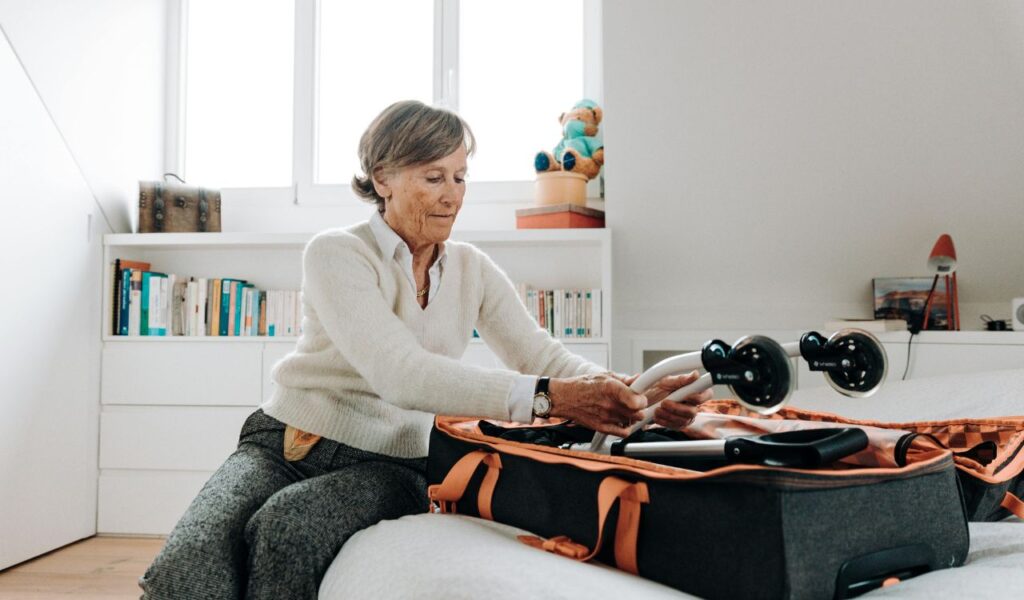
Packing too much creates unnecessary strain. Heavy bags are harder to maneuver through airports, trains, or hotel lobbies. Stick to versatile clothing you can mix and match, and limit shoes to two or three pairs. Streamlining toiletries and accessories also saves weight. This approach ensures you can handle your luggage independently, avoiding over-reliance on porters or carts, especially if traveling to destinations with limited assistance or uneven terrain.
Ignoring Liquid Carry-On Rules
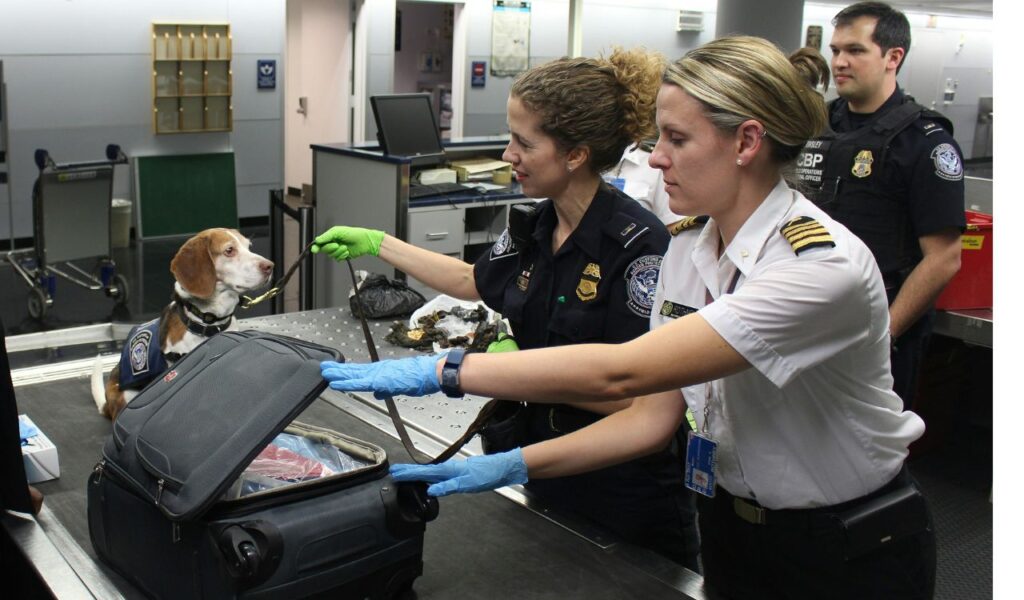
Airport security strictly enforces liquid restrictions, and noncompliance wastes time and money. Larger bottles or unsealed toiletries often get tossed, delaying you at checkpoints. Use travel-sized containers, store them in a clear quart-sized bag, and keep them accessible for inspection. Doing so not only keeps you compliant but speeds you through security lines, reduces stress, and prevents the embarrassment of holding up fellow travelers or losing costly personal care items.
Using Non-Waterproof Cosmetic Bags

Spilled shampoo or lotion can ruin clothes mid-trip. Always opt for waterproof or lined cosmetic bags designed to contain leaks. Even better, place liquids inside separate zip-lock bags for double protection. This small step keeps messes contained and prevents unexpected laundry or the frustration of unpacking stained clothing. When paired with minimalist packing, this habit keeps your suitcase tidy and lets you focus on enjoying your trip rather than cleaning up spills.
Not Researching Local Customs
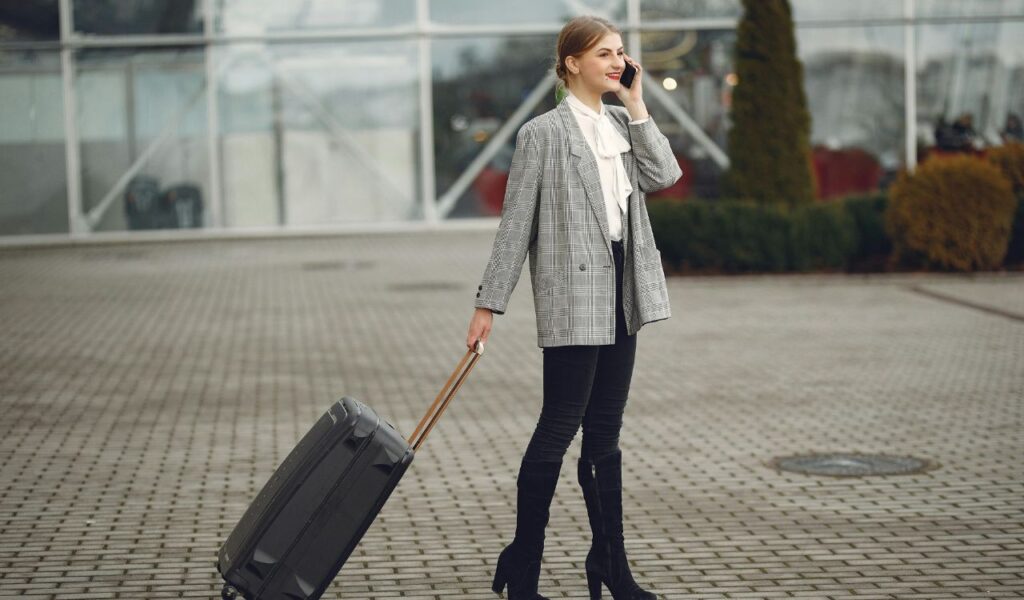
Clothing norms vary across cultures, and dressing inappropriately can make you feel uncomfortable or even offend locals. A little research goes a long way read about your destination’s expectations, especially for visiting religious sites or rural areas. Pack lightweight scarves or shawls for modest coverage when needed. Being prepared helps you feel at ease, avoid awkward situations, and show respect, making interactions smoother and travel experiences more positive overall.
Skipping Travel Essentials
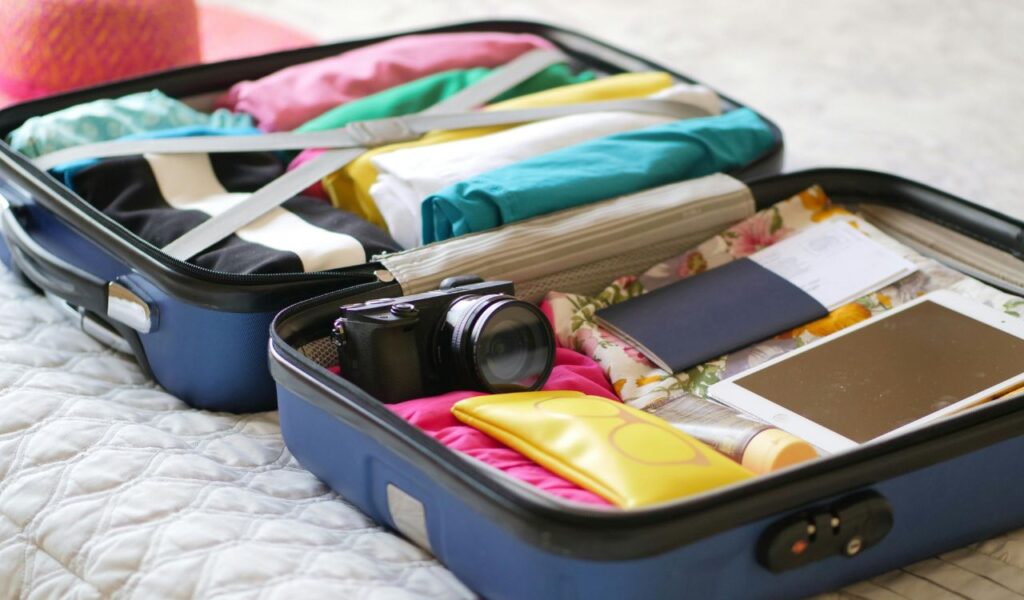
Accessories can stretch your wardrobe without adding bulk. Scarves, belts, or statement jewelry transform simple outfits into polished looks, saving suitcase space. Equally important are small essentials like cash in small denominations, which help with tipping, vending machines, and quick purchases. By packing thoughtfully chosen extras, you’ll not only stay stylish but also be prepared for little conveniences that make travel smoother and more enjoyable.